- Our Locations
- MD Anderson Cancer Network
Elevating the quality of cancer care in local communities
MD Anderson Cancer Network®, a program of MD Anderson Cancer Center, advances our mission to eliminate cancer by collaborating with local hospitals and health systems in Texas, the nation and the world to improve the quality and accessibility of cancer care and research.
Each relationship offers the opportunity to leverage MD Anderson's expertise and services ranging from clinical quality assurance and best practice guidelines to full clinical integration and access to clinical trials.
MD Anderson in your community
MD Anderson partners with U.S.-based health systems to fully integrate their clinical cancer care and research operations, mirroring how we deliver cancer care. We support the delivery of oncology services in accordance with MD Anderson standards to enable partners to provide multidisciplinary, sub-specialized patient care, quality standardization, and expanded access to clinical trials. Partners must demonstrate a commitment to full clinical and research alignment with MD Anderson. For all Cancer Network providers, MD Anderson offers education, remote multi-disciplinary tumor boards, and peer to peer consultations.
For patient referrals, please visit our Appointments page.
Partner Program
Cancer Network has relationships with health systems, hospitals, and institutions across the country who support our mission to end cancer. Each relationship brings a unique level of clinical integration, support and research collaboration.
Oncology Advisory Services
Leveraging MD Anderson's unparalleled oncology knowledge base and expertise, our world-renowned experts engage with organizations to elevate the quality of care locally. Our robust oncology advisory services assist hospitals and health systems to elevate their oncology programs, and in turn, advance our mission to increase access to quality cancer care worldwide.
Global Outreach
Our international outreach programs expand our reach and advance our mission to end cancer. As a globally respected leader in cancer care, MD Anderson shares our best practices in education, prevention, and treatment to impact cancer care worldwide.
Research
MD Anderson is investing in the infrastructure and governance necessary to support the co-design, co-development, and co-activation of clinical trials across the nation and beyond. We offer research affiliations with organizations to collaborate on select clinical trials developed by the world-renowned leader in cancer care, research, education and prevention.
Collaborate with Us
For more than a decade, MD Anderson Cancer Network has collaborated with select hospitals and health systems across the nation and around the world to support MD Anderson's mission to end cancer. Each of the relationships provides a variety of health care organizations and hospitals opportunities for clinical integration, support, and research collaboration that can be tailored to meet the individual needs of a health system or hospital, and those of its cancer patients.
MD Anderson Cancer Network News
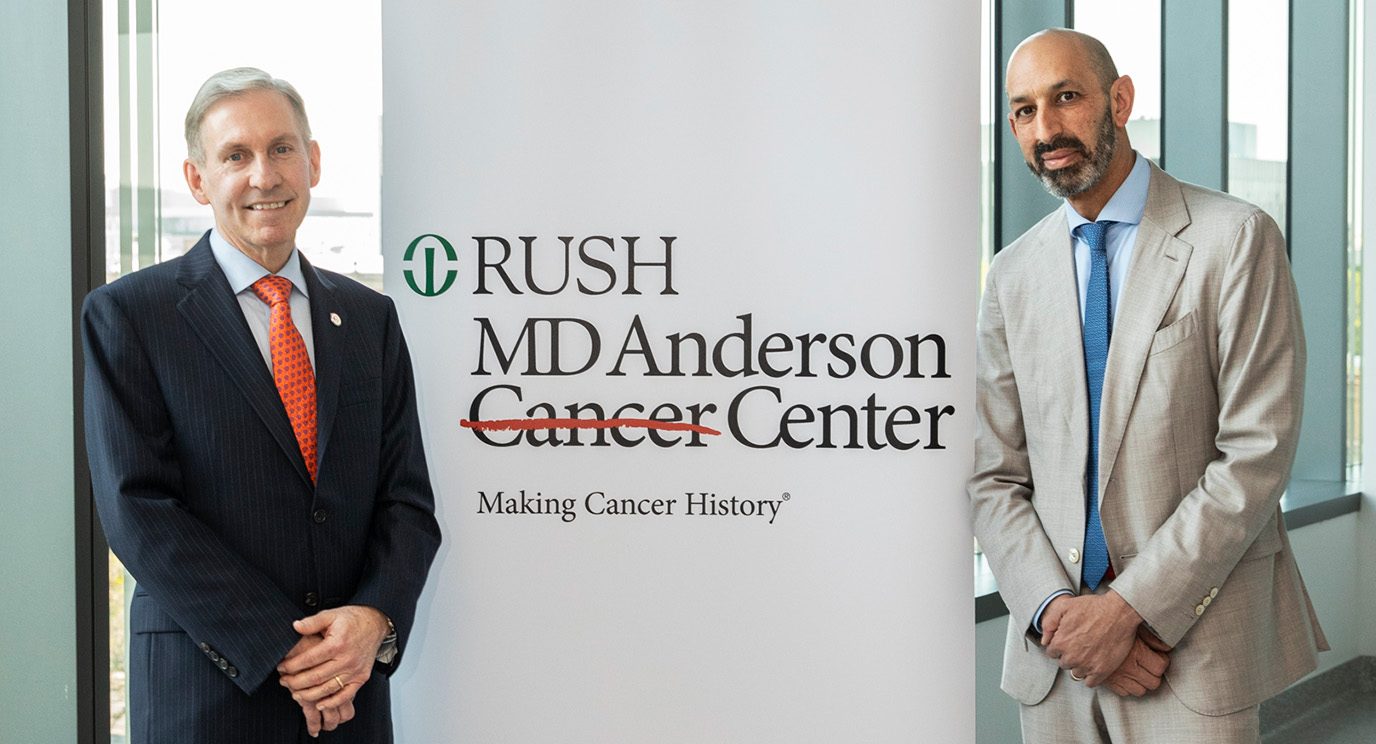
MD Anderson and RUSH Unveil RUSH MD Anderson Cancer Center
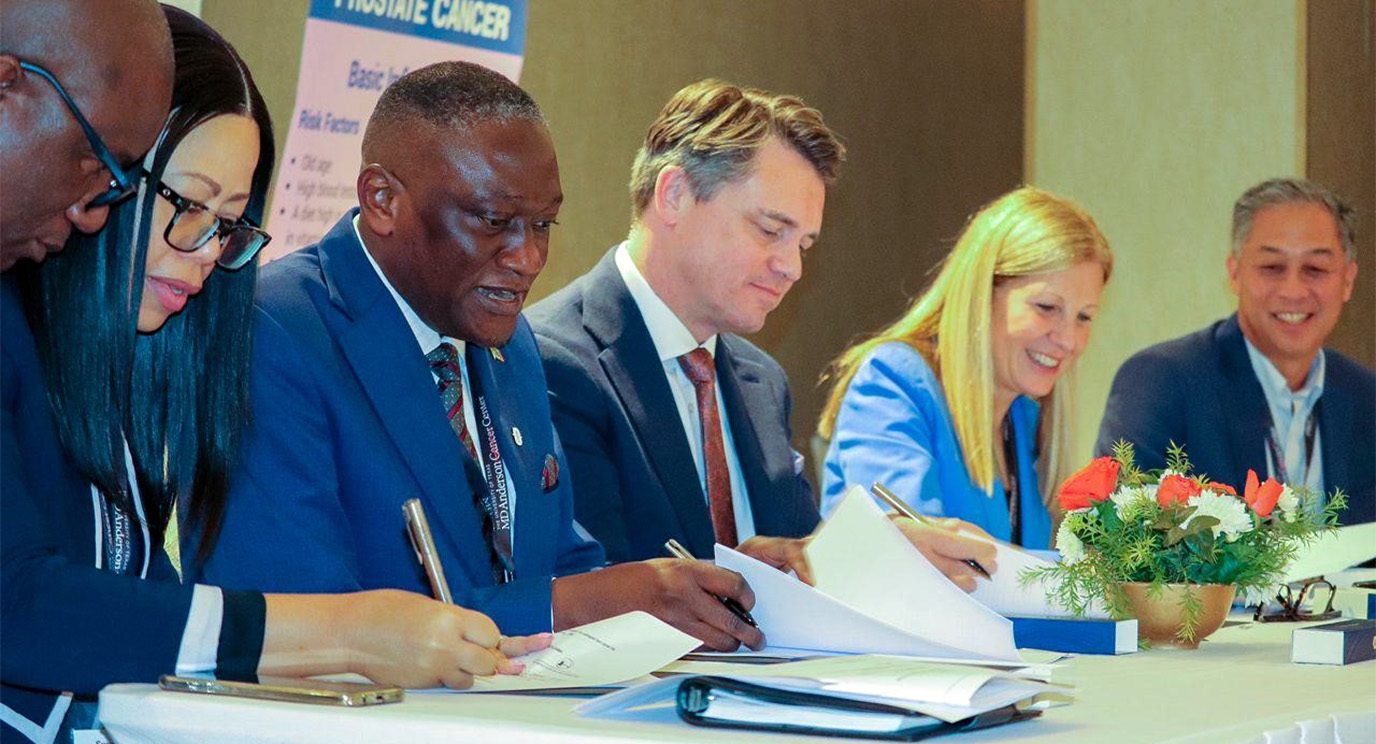
MD Anderson expands global oncology efforts through new agreement with Zambia Ministry of Health
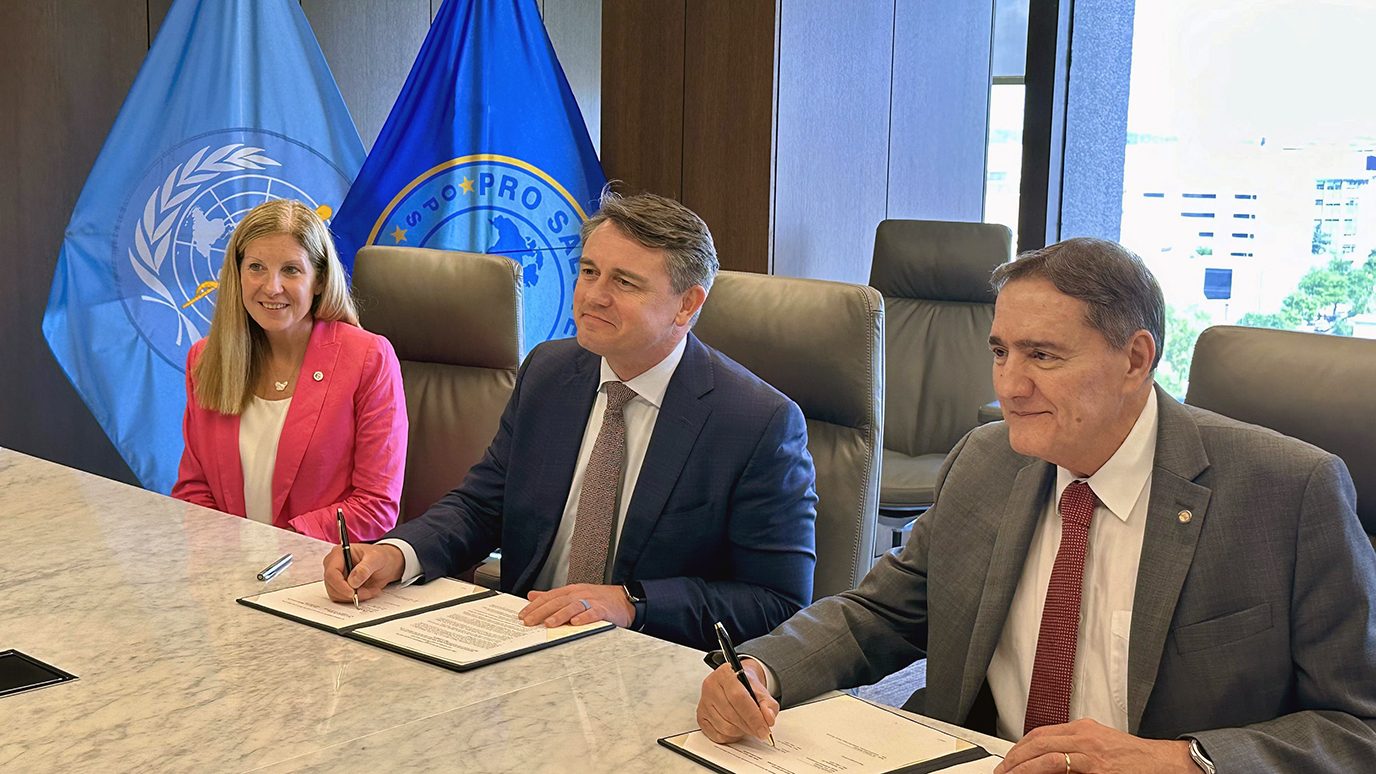
MD Anderson and Pan American Health Organization join forces to support cancer prevention and control in the Americas
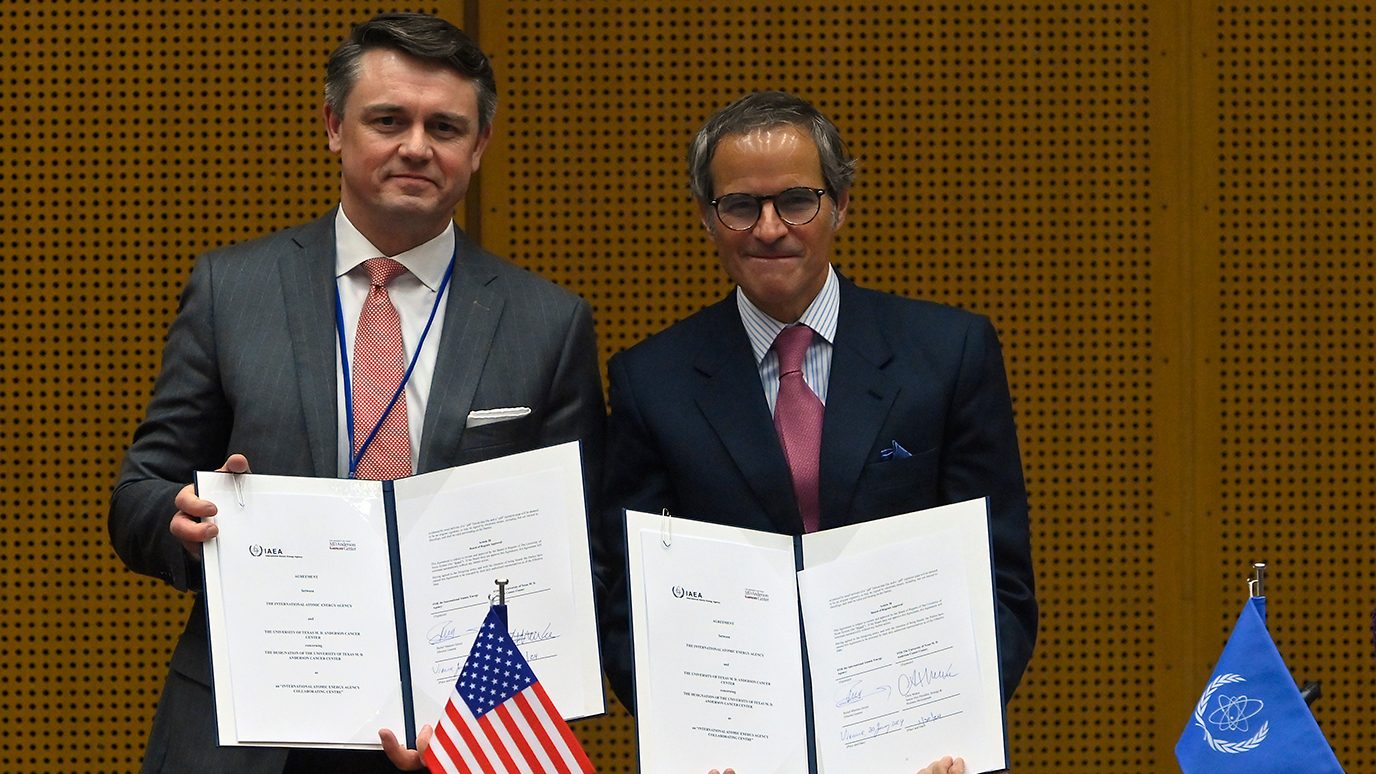
MD Anderson designated IAEA Collaborating Centre to focus on improving radiation, radiology and nuclear medicine worldwide

Driven to help other families access advanced cancer care close to home
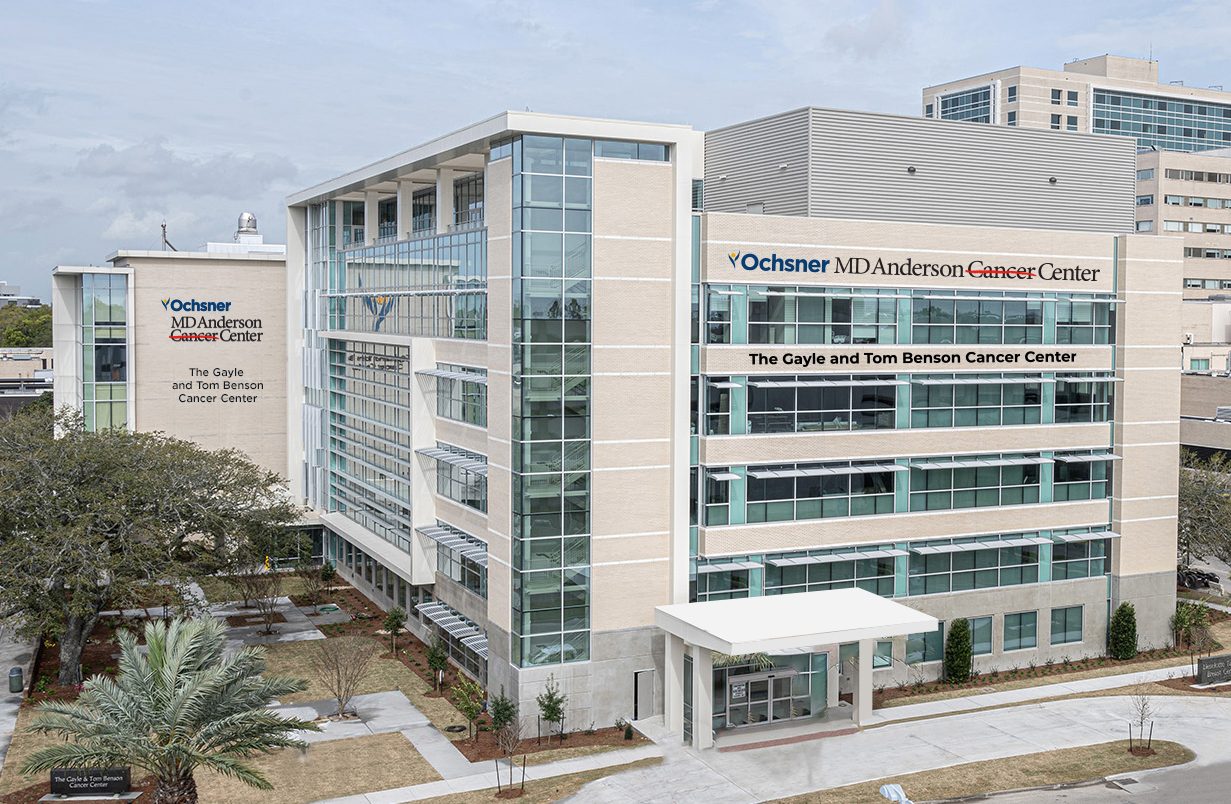
MD Anderson and Ochsner Health announce partnership to create first fully integrated cancer program in Louisiana
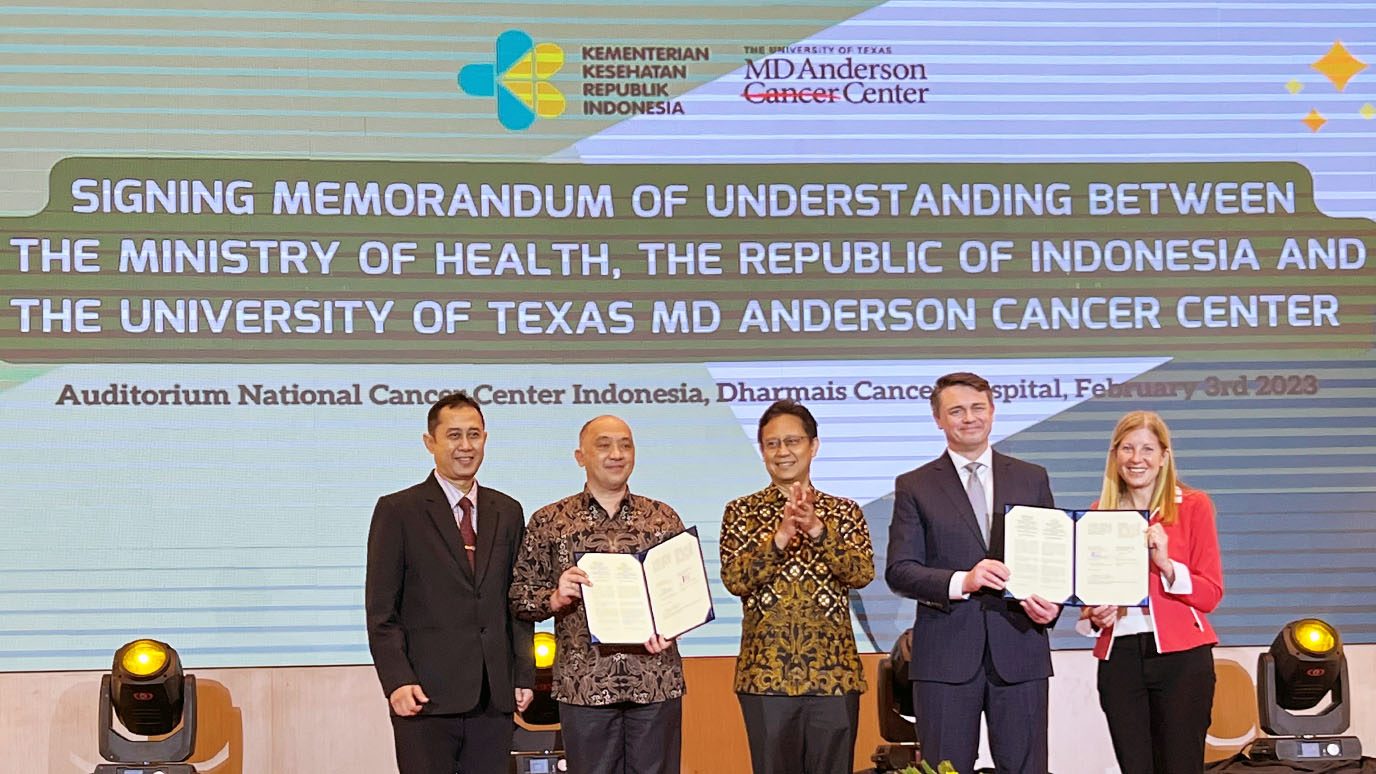
MD Anderson announces new collaboration in Indonesia to reduce global cancer burden

Driven to prevent cervical cancer worldwide
request an appointment online.
Help #EndCancer
Give Now
Donate Blood
Our patients depend on blood and platelet donations.
Shop MD Anderson
Show your support for our mission through branded merchandise.
